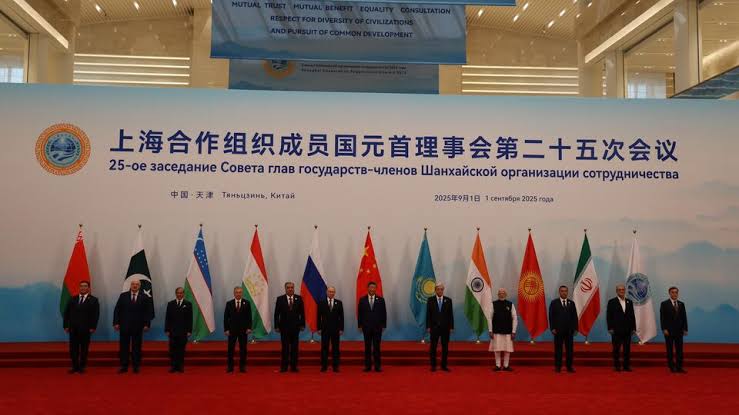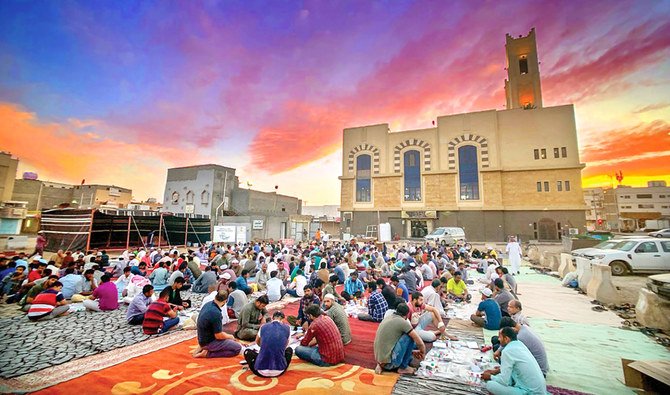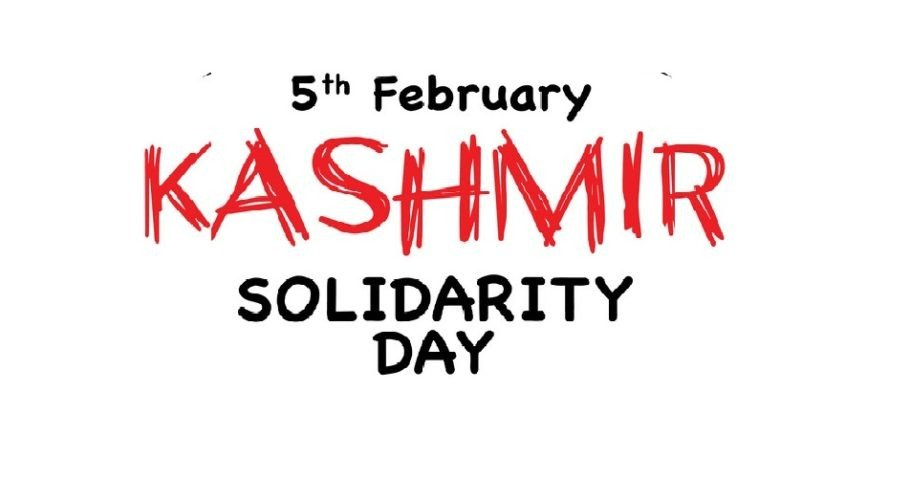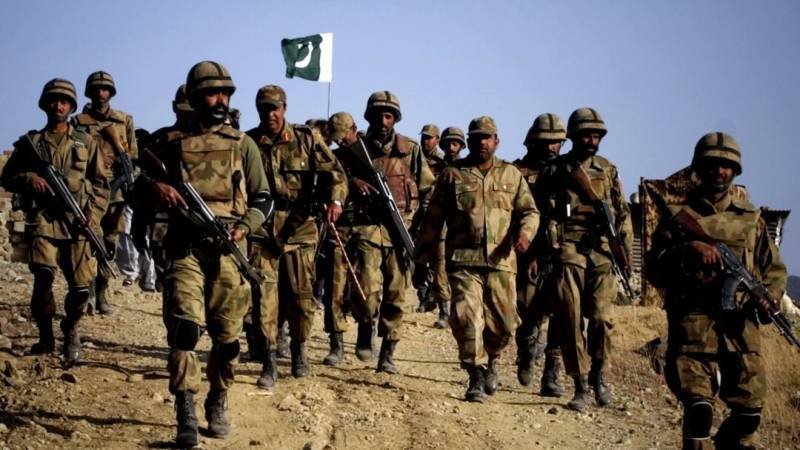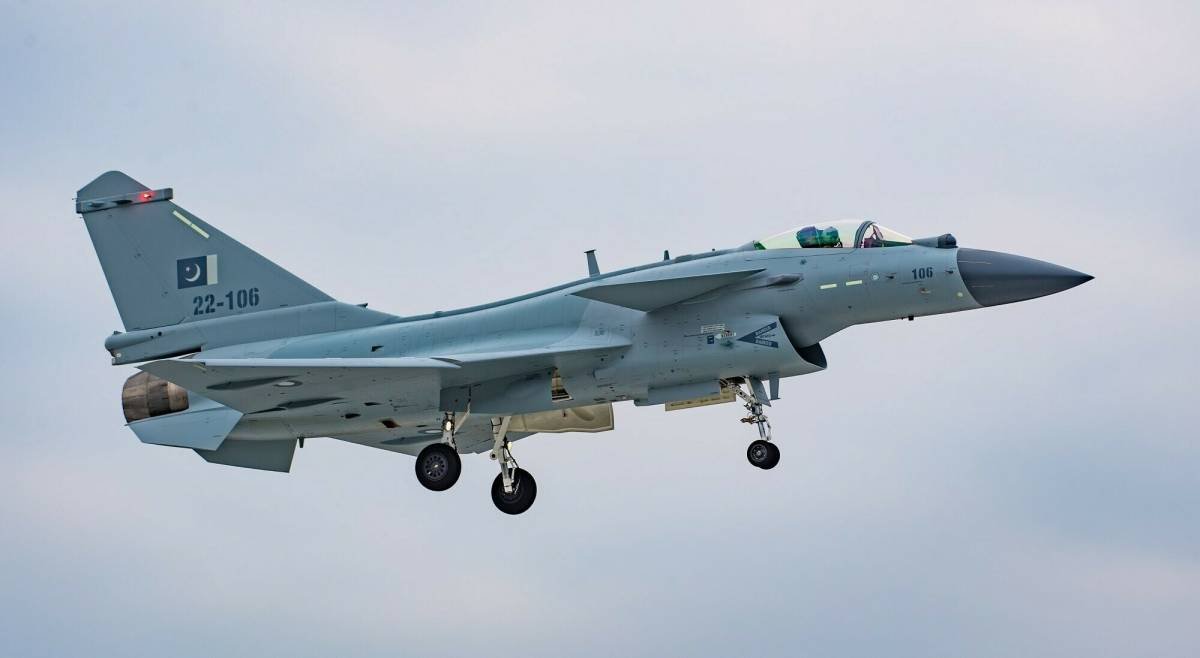The changing dynamics of the world order and the shifting policy stances of major powers are heading the world towards a new global governance structure. The recent Shanghai Cooperation Organization (SCO) summit in China gathered two dozen of world leaders under the banner of China. The presence of Indian premier after years in China signaled the opted alternative options of Delhi after the recent 50% tariffs imposed by the Trump Administration. The role of India, Pakistan, China, North Korea and Russia in the SCO meeting was highlighted by international news channels showing both the convergence and divergence interests of theirs with China.
Thus, the recent SCO summit aimed to show the West that in the midst of the distorted relationship between EU and the US, compounding with distorted international trade, we are together standing and seeking alternatives. The announcement of the SCO bank and governance leadership by China further demonstrated its ambition to lead the global South.
In the changing international dynamics, the global South countries are consistently showing the US that there are other major countries as well to participate in world affairs and lead international system other than the US. The era of unipolarity is not a defining factor but the international system is now dominated by multiple countries and their shares in world affairs. This marks a transition towards multipolarity where power is distributed across several actors a shift that could redefine alliances, trade flows and even conflict resolution frameworks.
The Chinese president warmly welcomed all leaders of participant countries and put forward its Global Governance Initiative agenda.
The laughing pictures and videos of the leaders and calm conversation among Vladimir Putin, Narender Modi, Xi Jinping compared with the Trump’s and EU members’ videos on social media also show the proximity among respective leaders.
Therefore, the presence of North Korean leader in the summit and on the parade demonstrated the strong cooperation of China and North Korea. The post by the Trump administration calling Russia, North Korea and China, planning against the US is worth noting here, this reflects concerns from Washington about a possible strategic alignment that would work against U.S. interests.
However, President Xi Jinping stated that the world is on the brink of old Cold War mentality and it should be avoided, directing indirectly the US, and also stated that we have two choices: ‘’war or peace’’. This raises the question of restraint but also seeks to place China in the role of mediator and promoter of a cooperative security framework in Eurasia.
In the context of India-China relations, it is worth mentioning that India is reconciling with China after the heavy tariffs imposed by the Trump administration. After years, Indian premier landed on Chinese soil and was welcomed warmly by Chinese leadership.
But the presence of Indian premier in the summit and the absence of Indian premier on the military parade signal the US that India is not in the anti-western alliance. While attending the summit Indian premier moved to japan the close ally of the US, signaling the balanced approach by the Indian administration. Similarly, India and China somehow solved many issues but still there are many contested issues to solve; to name a few, the construction of a dam recently by China and tug of war between the two administration and they are also rivals to dominate South Asia and so on.
In the context of Pakistan, the country has always had a smooth sailing relationship with Beijing and attended military parade and summit and signed MoUs with Chinese government in multiple sectors. Pakistan is balancing the act between the US and China, a position that enables it to gain certain economic returns from both while not getting swung in the politics of the bloc-this balancing act will certainly require careful diplomacy.
Therefore, the US economy is larger than the combined economy of India, China and Russia. It is undeniable that the recent tariff policy by the trump administration hurt its allies and distorted the international trade system which might be the cause; countries can see china as an alternative and improve their manufacturing sectors. But the US is clearly known that SCO member have divergence of interests and land disputes which takes time to make SCO a strong platform to compete with the West.
Thus, one cannot deny that we are living in the era of multi-polar world where many major countries have strength to define the structure of international system. The SCO summit is another pointer to the changing center of gravity of global politics from a Western-led unipolar order to a shared, contested, and pluralistic governance order.
While recent developments compel great powers to design and execute policies that actively prevent the emergence of a new Cold War, U.S. attention should rest on renewing trade alliances and constructively engaging with the countries of the Global South, rather than isolating them.
A more vital aspect for India revising its course on relations with Washington and Beijing is in regards to maximization of strategic autonomy and avoidance of joining altogether with any bloc. It is important that Pakistan balance these relationships on the economic front while further strengthening trade and investment ties with both the United States and China. Last but not least, SCOS must build internal mechanisms for dispute resolution and institutional capability if it aims to emerge as a credible platform that can penetrate through world governance in this multipolar setting.
